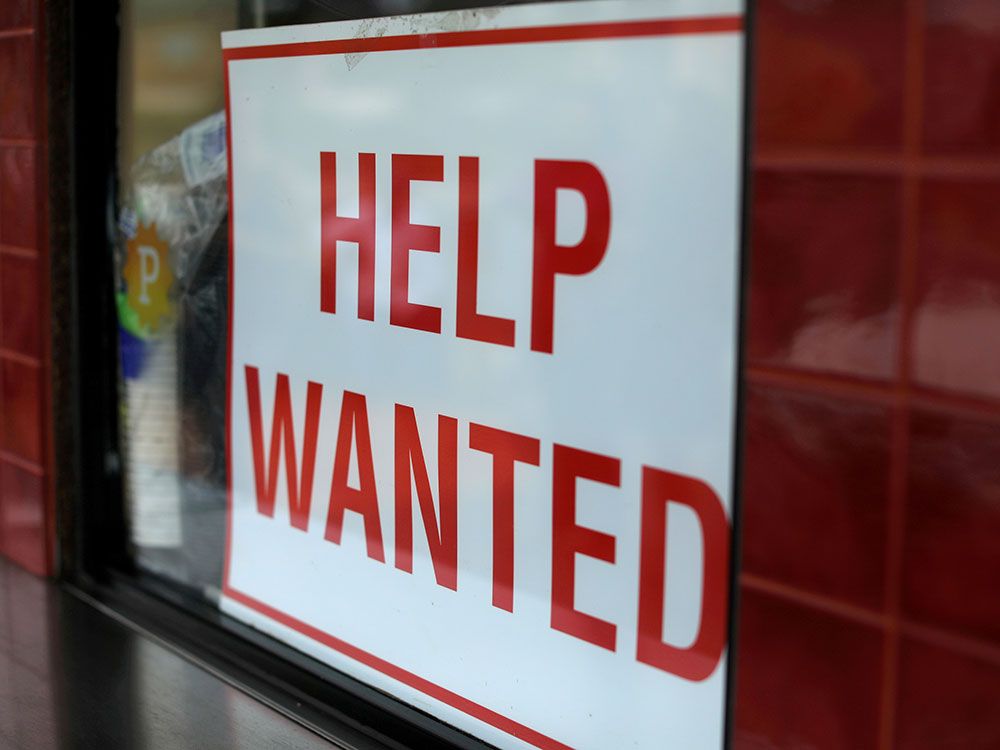Since 2018, the Switzerland-based research organization assesses each year the policies and practices of 30 large companies producing 25% of mined commodities, from gold to copper and coal, and which operate in more than 40 countries.
“This report highlights better performance of a small cluster of leading companies, and exposes the negligence of the large majority”
Phil Bloomer, executive director of the Business and Human Rights Resource Centre.
Based on the foundation’s Responsible Mining Index (RMI) major miners including the likes of BHP, Rio Tinto, Vale, Anglo American, Glencore, Newmont, Barrick and Teck Resources, score on average a low 19% on human rights-related issues.
Phil Bloomer, executive director of the Business and Human Rights Resource Centre, said there are a few companies that scored 75% or above on their management strategies and action plans to assess and address specific risks. Those include issues such as water rights, Indigenous Peoples’ rights, land rights, resettlement, workers’ rights, security forces and child labour.
What concerns Bloomer is the lack of consistency across all human rights issues demonstrated by the mining companies analyzed.
“This report highlights better performance of a small cluster of leading companies, and exposes the negligence of the large majority,” the expert says. “This not only leaves workers and communities more vulnerable to abuse, but also heightens the risks to the companies and investors, especially when governments’ appetite for regulation to prevent abuse is growing.”
Bloomer notes that when the 59 human rights-related metrics are averaged, the highest score achieved is only 55%. Only two companies (Anglo American and Newmont) score higher than 50%.

The report also highlights the lack of evidence about companies acting on a number of key human rights issues, such as ensuring a living wage for mine workers, tracking the effectiveness of grievance mechanisms, or assessing mining-induced risks for communities in high-risk and conflict-affected areas.
Over-simplification
RMF considers human rights issues a range of civil, political, economic, social, cultural and environmental topics. The group says that many mining companies tend to reduce human rights to a very limited set of issues, which makes them miss the opportunity to play their part in advancing the normalization of human rights. It also shields them from fully addressing the impacts on and the concerns of all stakeholders, the report says.
The study also notes that mining companies obtained mixed results on responsible sourcing and contracting.
“While the vast majority of companies mention the existence of a responsible sourcing approach, only a few companies demonstrate they have formal systems in place to assess any human rights issues associated with their suppliers and contractors,” it says.
The report calls on investors to help foster higher standards and performance on human rights across their mining portfolio. It says they can do so in a number of ways, such as providing loan incentives based on agreed ESG (Environmental, Social and Governance) performance targets.
Lingering issues
According to Amnesty International, children as young as seven have been found scavenging for metals-rich rocks in several African countries, particularly in the Democratic Republic of Congo (DRC)
The group also claims to have evidence that the commodities those miners dig, mainly cobalt, has been entering the supply chains of some of the world’s biggest brands.
Those and other allegations have put pressure on companies and on traders. The London Metal Exchange (LME), the world’s biggest market for industrial metals, has plans to ban metal tainted by human rights abuses. The initiative to ensure responsible sourcing originally had 2022 as the deadline, but LME will now wait until 2025.
In May 2017, The European Union passed a regulation to stop abuse of mine workers and conflict minerals being exported to the EU. The requirement to ensure mineral imports are responsibly sourced became effective on January 1.




